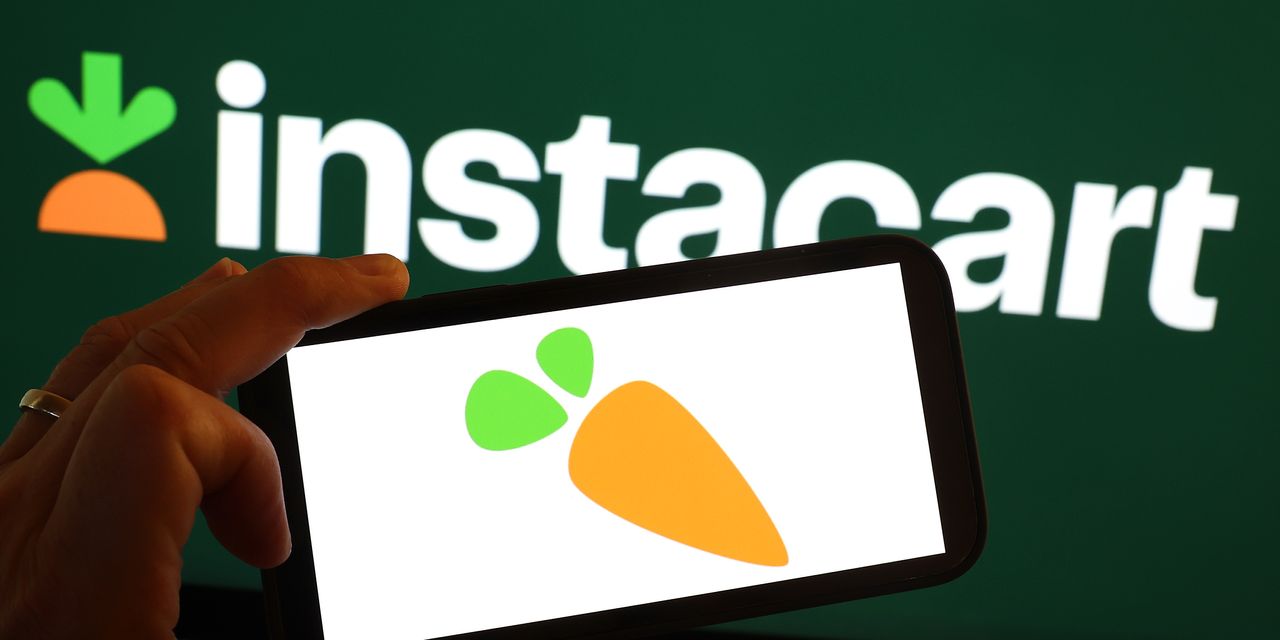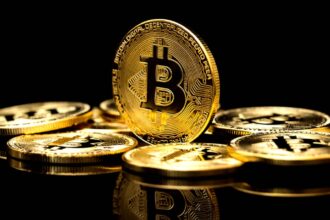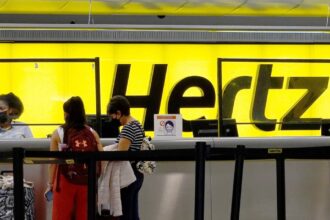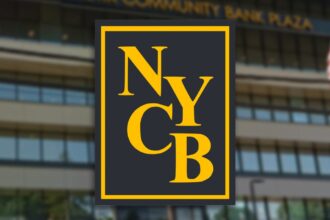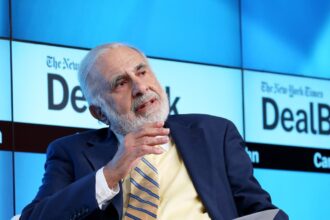The grocery-delivery app Instacart priced its IPO at $30 a share, at the upper end of its expected range, raising $660 million with a fully-diluted valuation of around $10 billion after backing away from a stock-market debut last year.
The company, which is officially named Maplebear Inc.
CART,
and is doing business as Instacart, said it plans to begin trading on the Nasdaq Global Select Market on Tuesday under the ticker symbol “CART.”
It sold 22 million shares in the IPO, with 14.1 million shares sold by the company and 7.9 million shares sold by selling stockholders. Proceeds to the company were $423 million, while the company didn’t receive proceeds from the stock sold by shareholders.
On Friday, Instacart had said it expected to price the offering at between $28 and $30 a share.
Based 338.80 million common shares outstanding after the IPO, as converted and fully diluted, the IPO pricing values the company at $10.2 billion.
Early indications from the Nasdaq are for the stock to open around $42.00, according to FactSet, or 40% above the IPO price. At that price, the company would be valued at about $14.2 billion.
Goldman Sachs and J.P. Morgan are acting as lead book-running managers for the offering. Instacart said it also granted the underwriters a 30-day option to purchase up to an extra 3.3 million shares at the IPO price. The offering is expected to close on Thursday.
The debut would come amid what appears to be a thaw in the IPO market, following a year of concerns about inflation and the broader economy. But the public debut of chip designerArm Holdings
ARM,
last week made big waves. The digital-marketing platform Klaviyo is set to debut this week as well.
Instacart’s valuation in 2021 stood at $39 billion. Last year, as pandemic-era digital demand fizzled, the company cut its valuation multiple times, but raised it this year, according to The Information.
Instacart, in its IPO filing, said the way people shop for groceries is undergoing a “massive digital transformation.” Evercore analysts have said the company controls around a fifth of the U.S. online grocery-delivery market.
But the company faces steep competition — from the likes of Walmart Inc.
WMT,
Amazon.com Inc.
AMZN,
and DoorDash Inc.
DASH,
— and relies on a handful of grocery chains for a big chunk of its demand. And delivery fees on top of higher-priced groceries remain threats to demand.
Read the full article here


